
The Impact of Inflation on Personal Finances
 By Samantha Lee
By Samantha LeeInflation is a key economic factor that affects personal finances in a variety of ways. As the cost of goods and services rises, it can erode purchasing power and impact savings, investments, and overall financial stability. Understanding how inflation works and taking steps to mitigate its effects can help you protect your financial well-being.

What is Inflation?
Inflation refers to the sustained increase in the prices of goods and services over time. It results in a decrease in the purchasing power of money, meaning that a dollar today buys less than it did in the past. While moderate inflation is a normal part of a growing economy, high inflation can pose significant challenges for individuals and families.
How Inflation Affects Your Purchasing Power
As inflation causes prices to rise, the same amount of money buys fewer goods and services. This is most noticeable in essential categories such as food, transportation, and housing. For example, if inflation is at 5%, a product that costs $100 today would cost $105 the next year. This can strain household budgets, especially for those with fixed incomes or limited wage growth.
Impact of Inflation on Savings and Investments
Inflation can also erode the value of savings and investments. If the return on your savings or investments doesn't keep pace with inflation, you lose purchasing power over time. For example, if your savings account earns 2% interest, but inflation is at 3%, the real value of your savings is actually decreasing. To combat this, individuals often look for investment options that offer returns higher than the inflation rate, such as stocks, real estate, or inflation-protected securities.


The Role of Inflation in Interest Rates
Inflation plays a key role in determining interest rates. Central banks, such as the Federal Reserve in the U.S., raise interest rates to combat high inflation and lower rates to stimulate spending during periods of low inflation. When interest rates rise, borrowing becomes more expensive, which can reduce consumer spending and slow down economic growth. For individuals, higher interest rates mean higher costs for mortgages, car loans, credit cards, and other types of borrowing.
Strategies to Protect Your Finances from Inflation
There are several strategies that can help individuals mitigate the effects of inflation on their personal finances. These include:
You might also like
1. How to Become a Millionaire with These Simple Investing Tips!2. The Pros and Cons of Investing in Gold and Precious Metals3. Car Insurance in the US: What You Need to Know Before You Buy4. A Complete Guide to Choosing the Right Insurance Policy for Your NeedsInvesting in assets that typically outperform inflation, such as stocks, real estate, or commodities like gold.
Using inflation-protected securities like Treasury Inflation-Protected Securities (TIPS) to safeguard the value of your investments.

Diversifying your investments to spread risk and take advantage of different asset classes that may perform better during inflationary periods.
Adjusting your budget and spending habits to account for rising prices, by cutting back on discretionary expenses and prioritizing essentials.
Inflation and Retirement Planning
Inflation is a key factor to consider when planning for retirement. If you’re saving for retirement, you’ll want to ensure that your savings and investments outpace inflation over time. Additionally, you need to account for the rising cost of living when estimating how much you’ll need for retirement. A financial advisor can help you plan for the long-term impact of inflation on your retirement goals.
The Psychological Impact of Inflation
Inflation doesn’t just have financial consequences; it can also affect people's psychology. As costs rise, individuals may feel anxious about their financial future, leading to stress and a sense of insecurity. This can impact their decision-making, whether it’s in terms of spending, saving, or investing. It's important to recognize these psychological effects and take steps to manage stress during inflationary periods.
Conclusion
Inflation is a powerful force that affects nearly every aspect of personal finances. While it can be challenging, being proactive and adjusting your financial strategies can help you navigate inflation and protect your financial future. Whether you’re planning for retirement, managing debt, or investing for the future, understanding inflation’s impact is essential for long-term financial success.
About the author
 By Samantha Lee
By Samantha LeeSamantha Lee is a seasoned finance writer with over 8 years of experience helping millennials and Gen Z take control of their money. With a background in economics and a passion for demystifying complex financial concepts, Ananya shares actionable tips on budgeting, investing, and building long-term wealth. Her mission is to make financial literacy accessible, relatable, and empowering — no jargon, just smart money moves.
More like this

Stock Buybacks: How They Influence Share Prices
Stock buybacks have become a common strategy for companies looking to boost share prices and reward investors. Understanding their impact can help investors make informed decisions.

Meme Stocks: Are They Making a Comeback?
Meme stocks took the financial world by storm in recent years, driven by online communities and retail investors. As market conditions shift, many wonder if these stocks are making a comeback.

Dividend Stocks vs. Growth Stocks: Where’s the Best Opportunity?
Investors often face a crucial decision when building their portfolios: Should they invest in dividend stocks for stability or growth stocks for higher returns? Understanding the differences can help in making the right choice based on financial goals and risk tolerance.
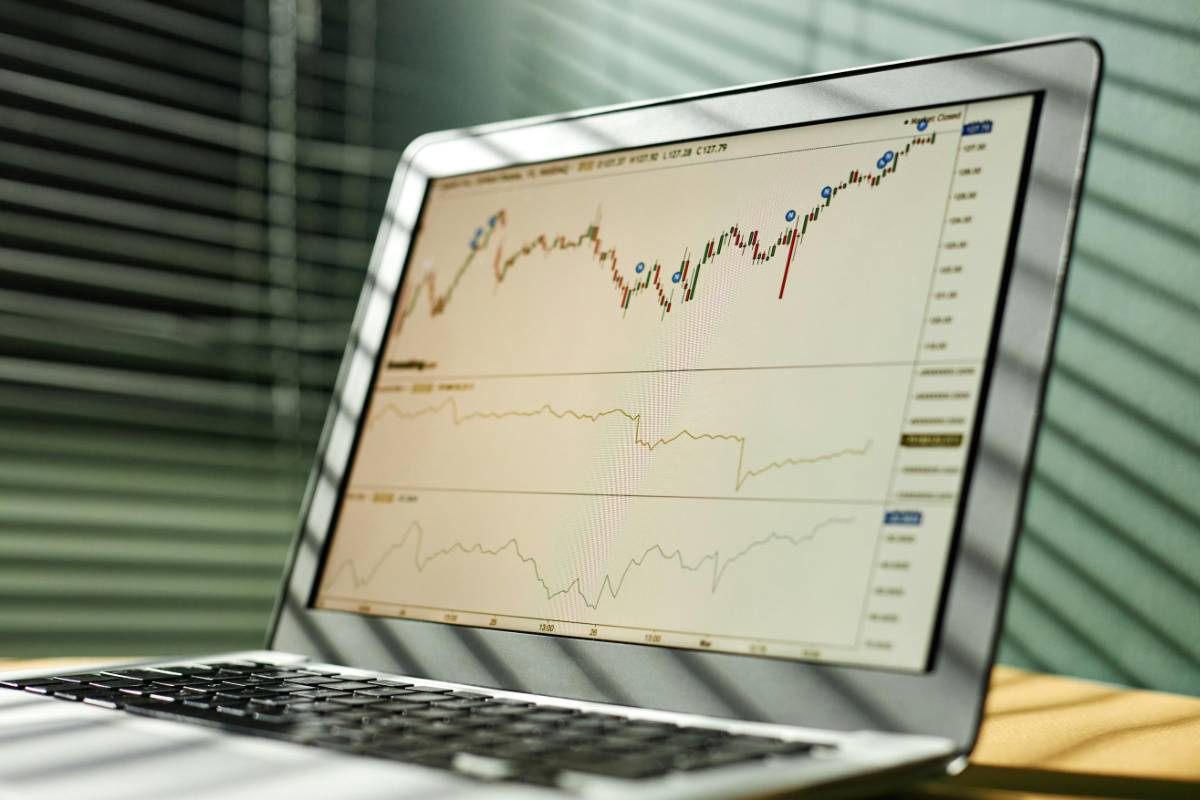
How Geopolitical Events Affect U.S. Stock Performance
Geopolitical events have a significant impact on the U.S. stock market, influencing investor sentiment, market volatility, and sector performance. Understanding these effects can help investors navigate uncertainty and make informed decisions.
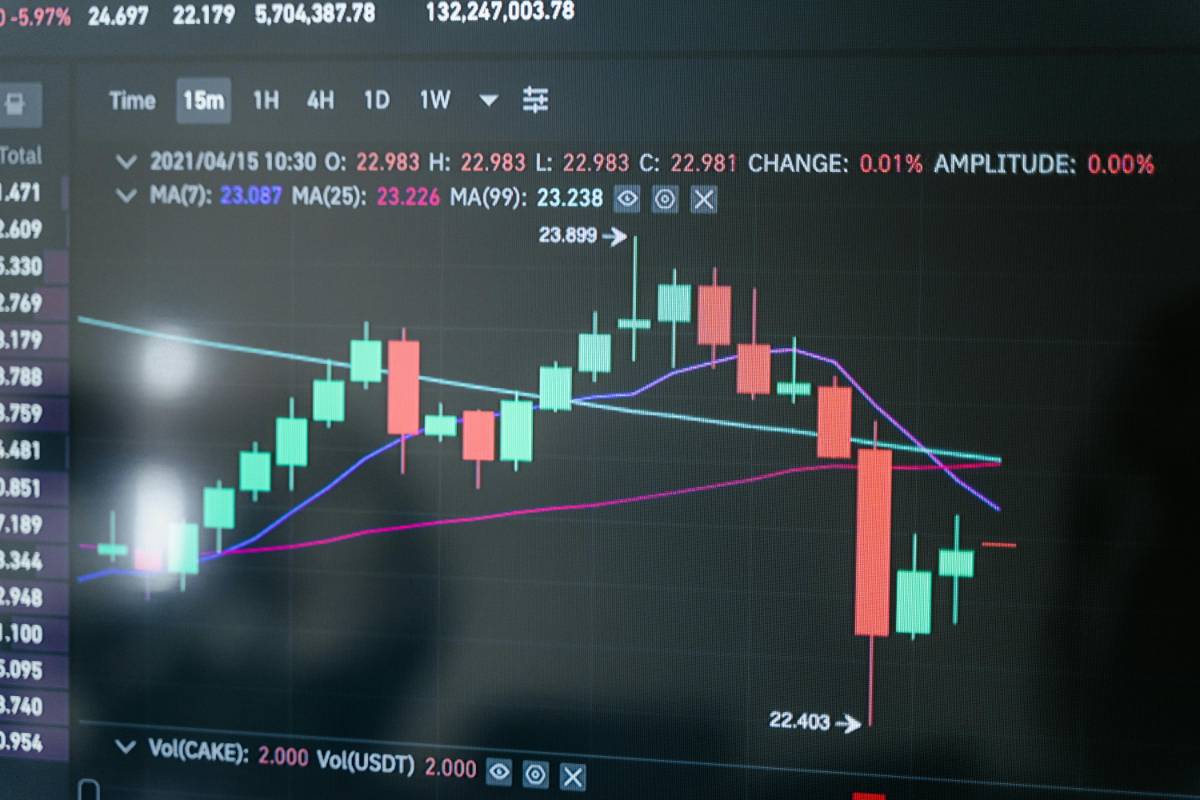
AI and Automation: The Next Big Disruptors in the Stock Market
Artificial intelligence and automation are transforming industries, and the stock market is no exception. These technologies are reshaping investment strategies, trading mechanisms, and market dynamics at an unprecedented pace.
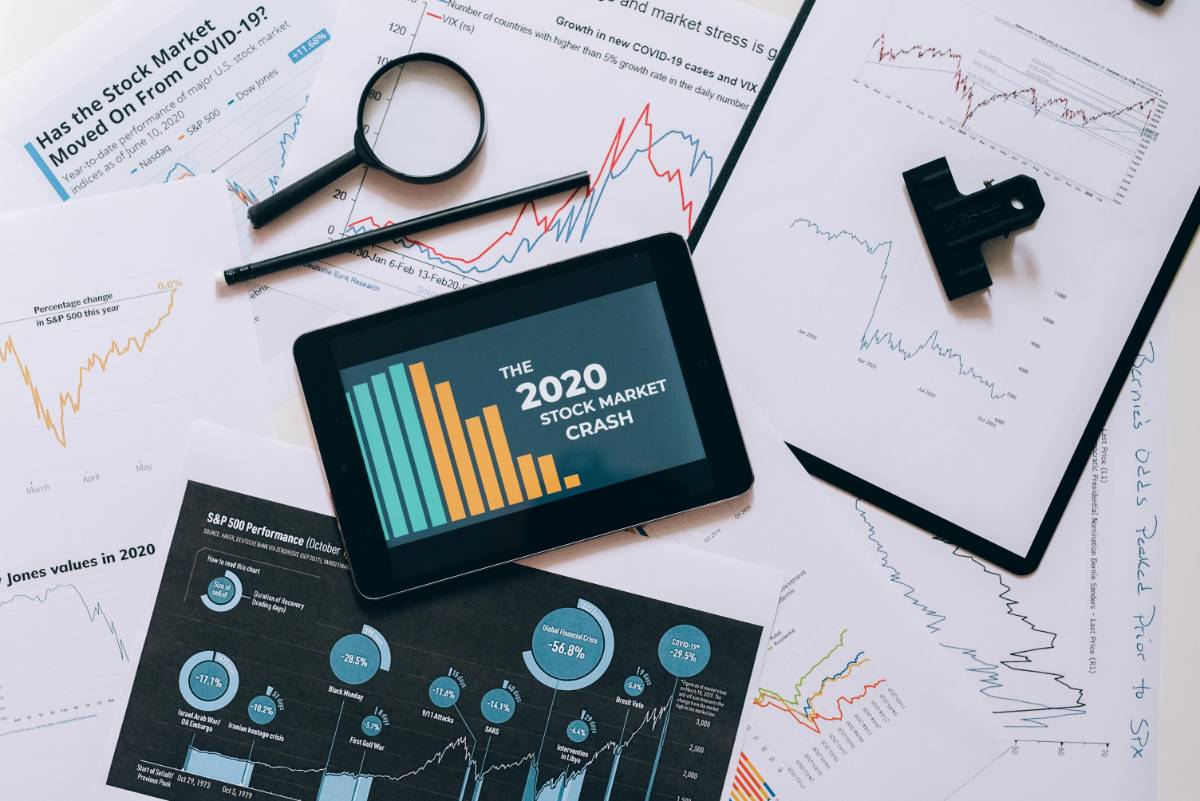
S&P 500 vs. Nasdaq: Where Should You Invest?
Investors often compare the S&P 500 and the Nasdaq when deciding where to allocate their funds. Understanding the differences between these indices can help you make a strategic investment choice based on your risk tolerance and financial goals.

Why Tech Stocks Are Leading the Market Again
Tech stocks are once again at the forefront of the market, driven by innovation, strong earnings, and investor optimism. As companies in the sector continue to expand their influence, understanding the reasons behind this surge can help investors make informed decisions.

The Impact of Federal Reserve Policies on the Stock Market
Federal Reserve policies play a crucial role in shaping the stock market. Interest rate decisions, quantitative easing, and regulatory measures directly impact investor sentiment and market performance. Understanding these effects can help traders and long-term investors navigate the evolving financial landscape.
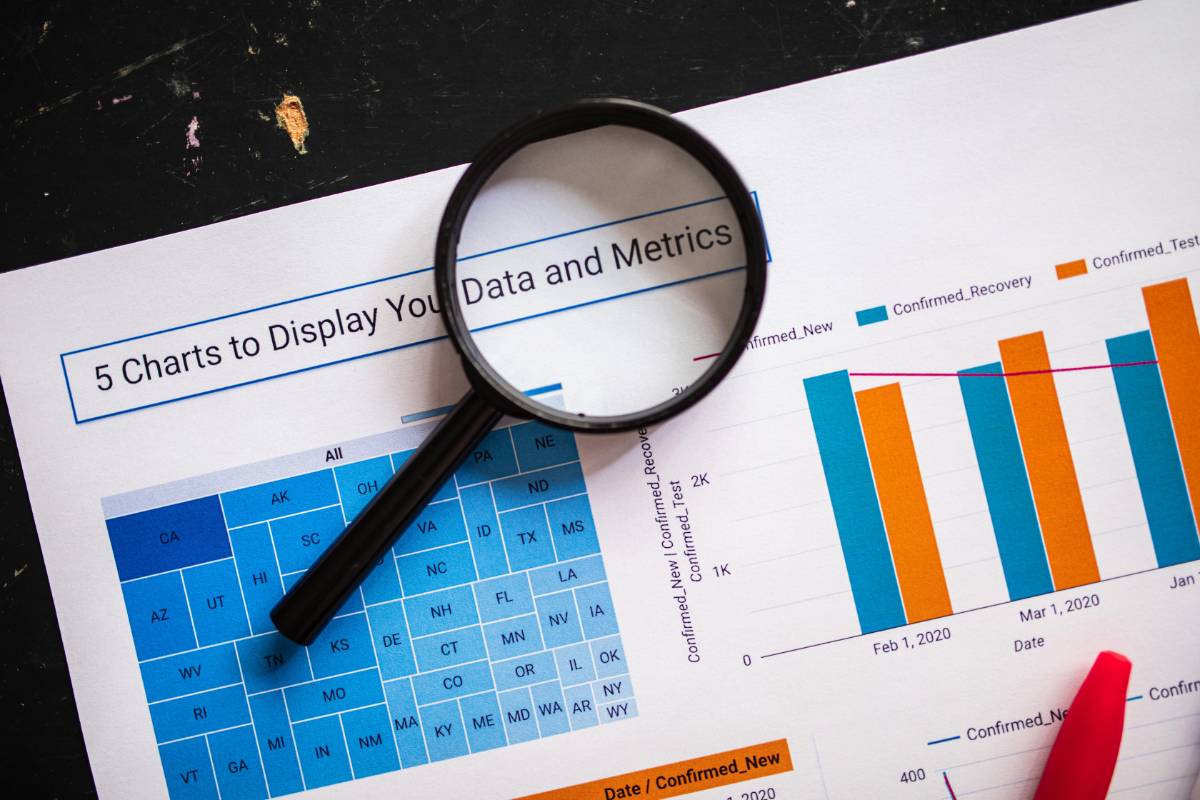
Top Performing Stocks on Wall Street This Quarter
The latest quarter on Wall Street has seen significant movements, with some stocks outperforming expectations while others struggled to keep up. Understanding these trends can help investors make informed decisions moving forward.

U.S. Stock Market Outlook: What to Expect in 2025
As we move into 2025, investors are looking for insights into the U.S. stock market's potential trajectory. Market trends, economic policies, and global events will all play crucial roles in shaping investment opportunities.

Market Volatility: Should Investors Be Concerned?
Market volatility is a common concern for investors, especially in uncertain economic conditions. While fluctuations in stock prices can be unsettling, understanding the factors behind market swings can help investors navigate uncertain times with confidence.

Tech Stocks to Watch: Are We in Another Boom?
The technology sector has been a driving force in the stock market, and recent trends suggest another potential boom. With advancements in artificial intelligence, cloud computing, and semiconductor innovation, investors are eyeing key tech stocks for future growth.

How Federal Reserve Decisions Are Impacting U.S. Stocks
The Federal Reserve plays a crucial role in shaping the U.S. stock market. Interest rate adjustments, monetary policy shifts, and economic outlooks set by the Fed significantly influence market trends and investor sentiment.
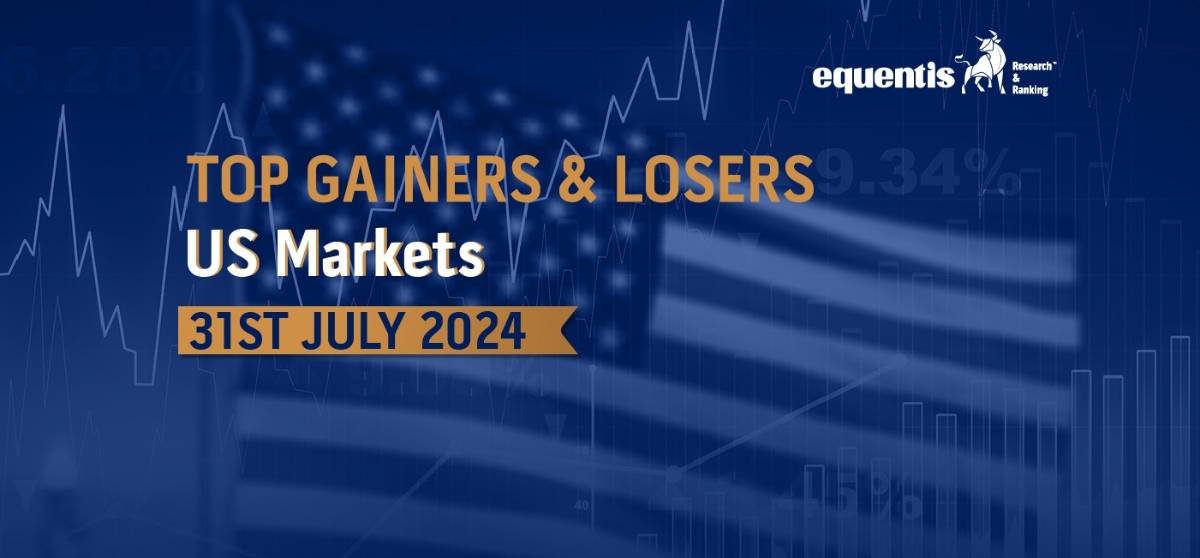
Top Gainers and Losers on Wall Street This Month
The stock market is constantly shifting, with certain stocks outperforming while others struggle. This month, Wall Street has seen significant movements in both directions. Here’s a look at the top gainers and losers.

Latest Trends Shaping the U.S. Stock Market in 2025
The U.S. stock market is evolving rapidly, with new trends shaping investor strategies and market movements. Understanding these trends can help investors make informed decisions in 2025.

Emergency Funds: Why They’re Essential and How to Build One
An emergency fund is a crucial aspect of financial planning, providing a safety net for unexpected situations such as medical emergencies, car repairs, or sudden job loss. Having a well-established emergency fund can reduce stress and prevent you from going into debt when life’s unexpected events occur. In this article, we’ll explore why emergency funds are essential and how you can start building one today.




